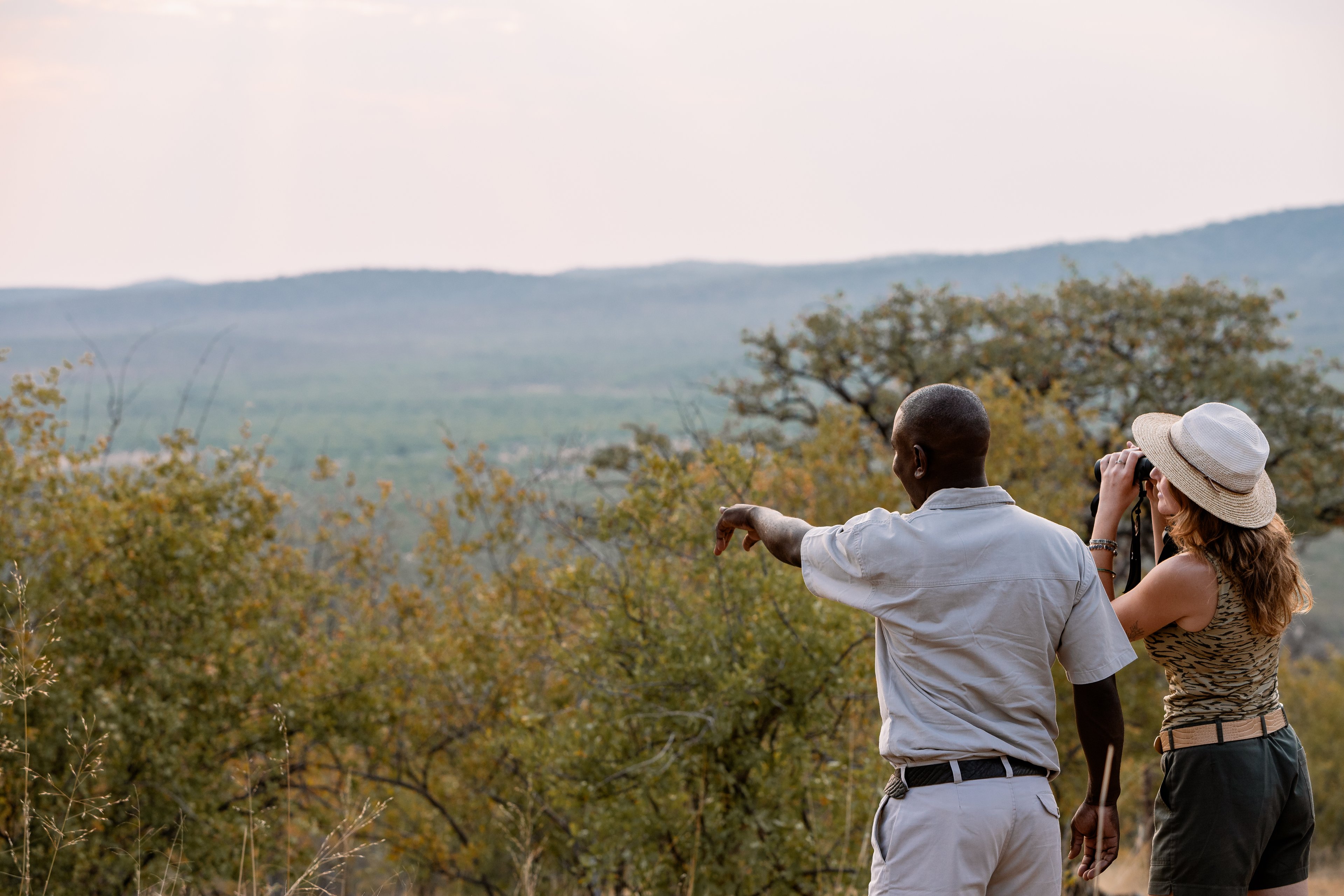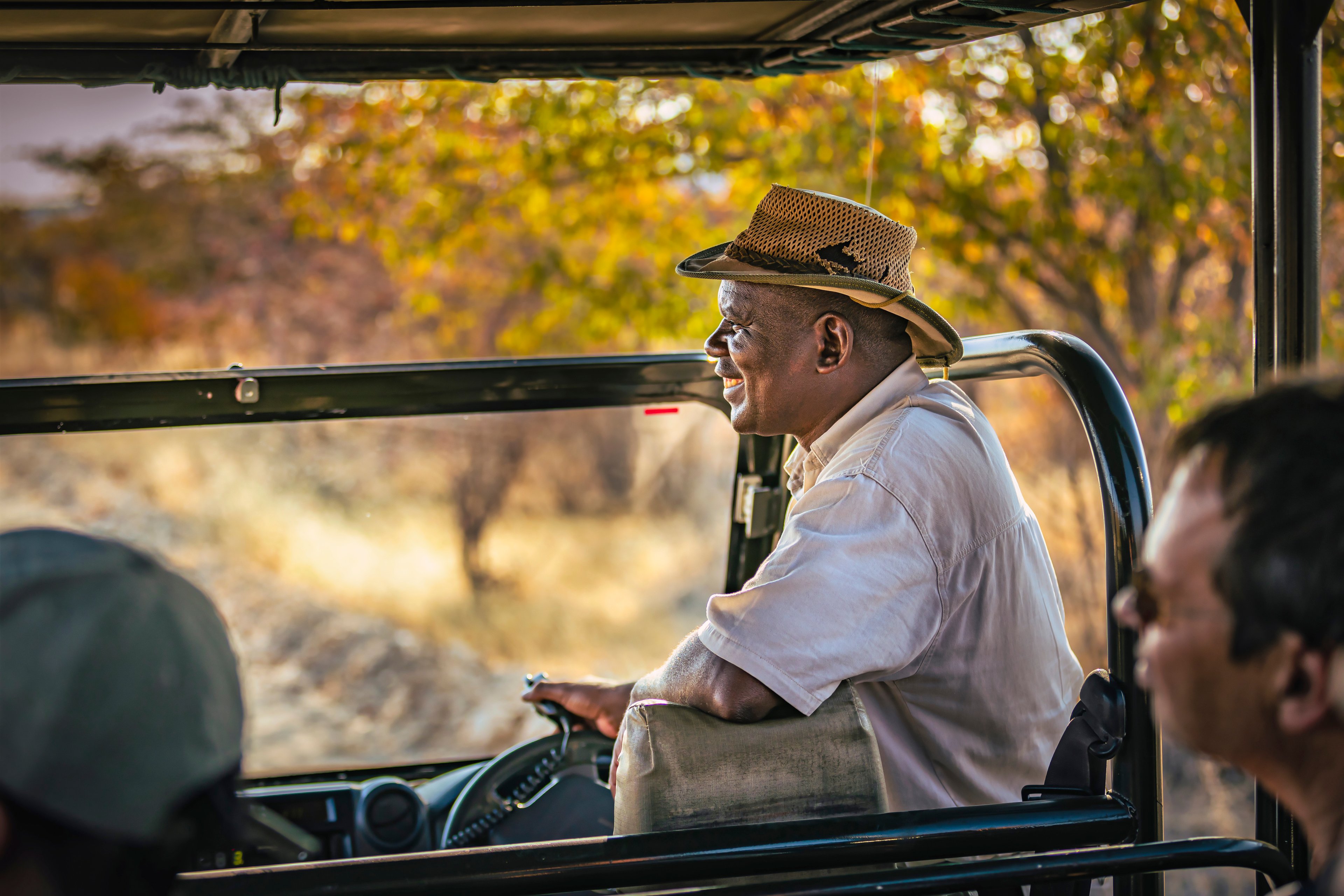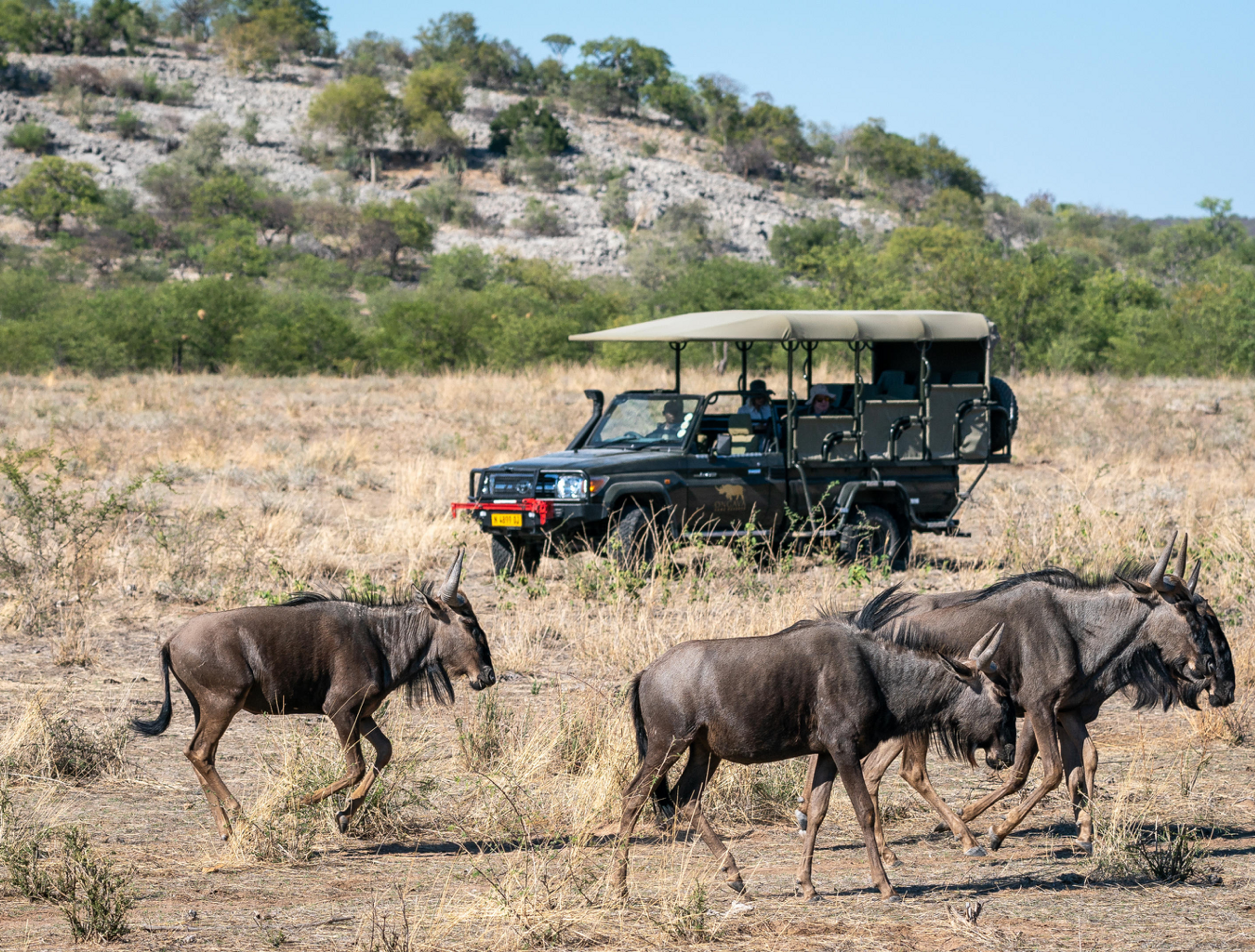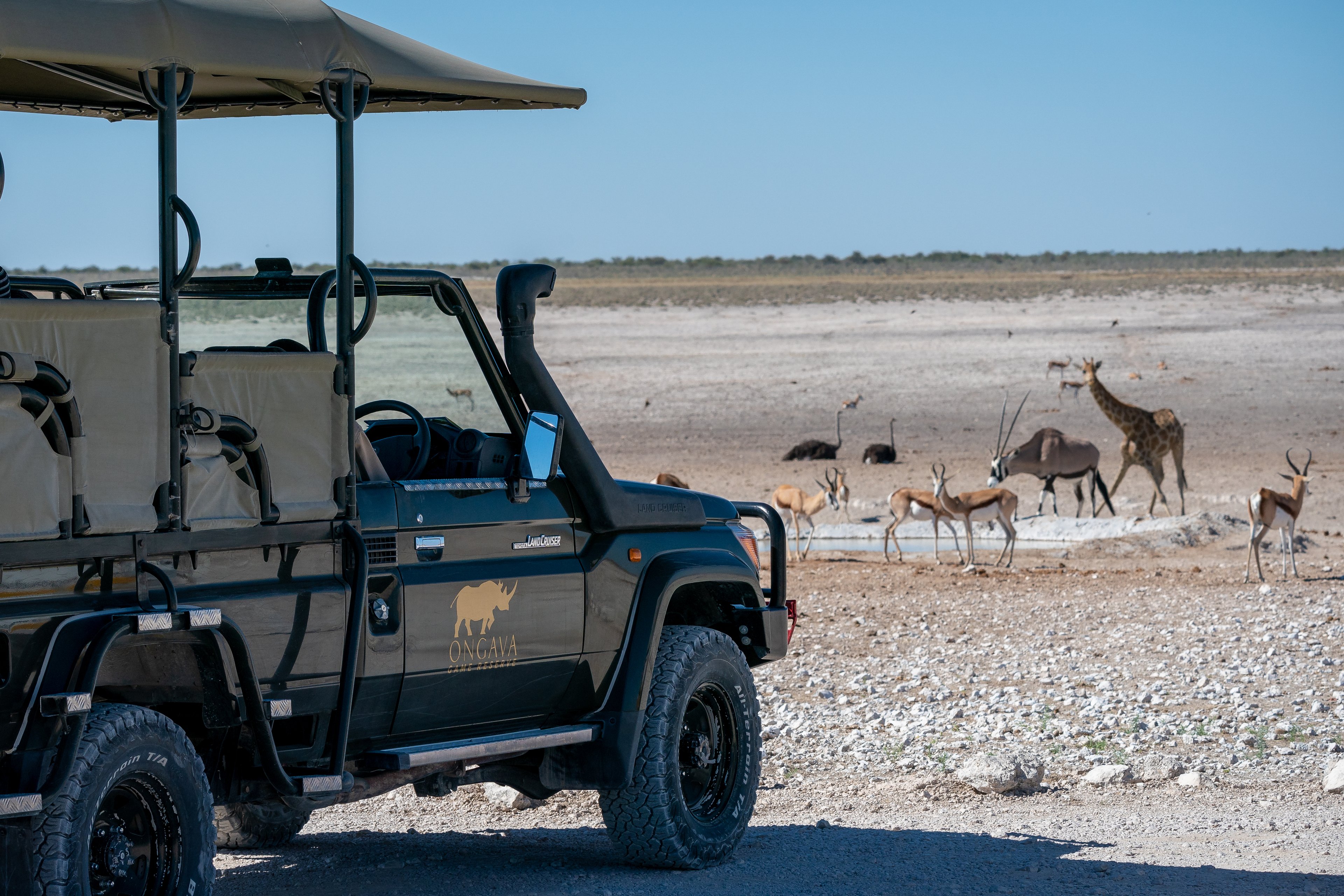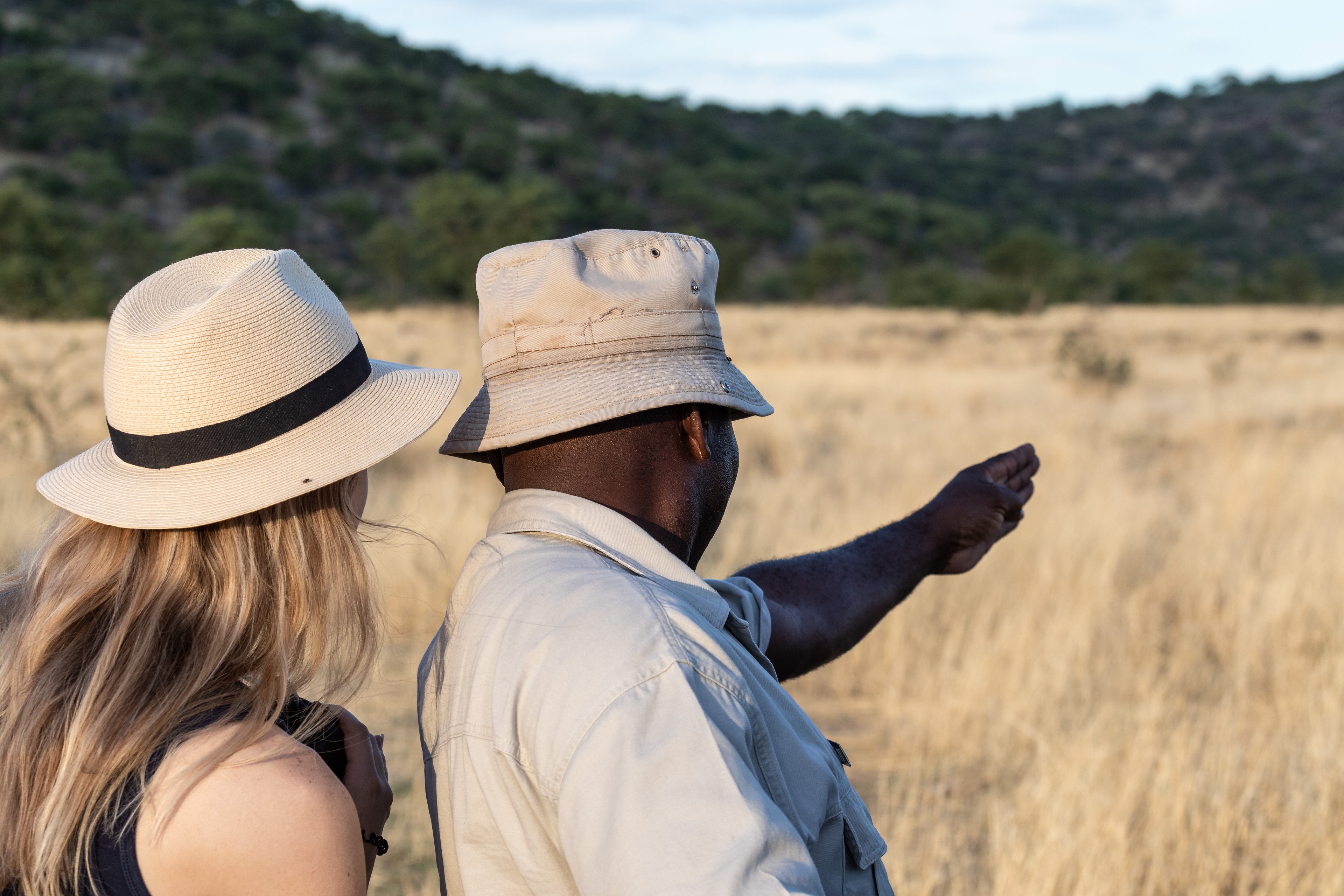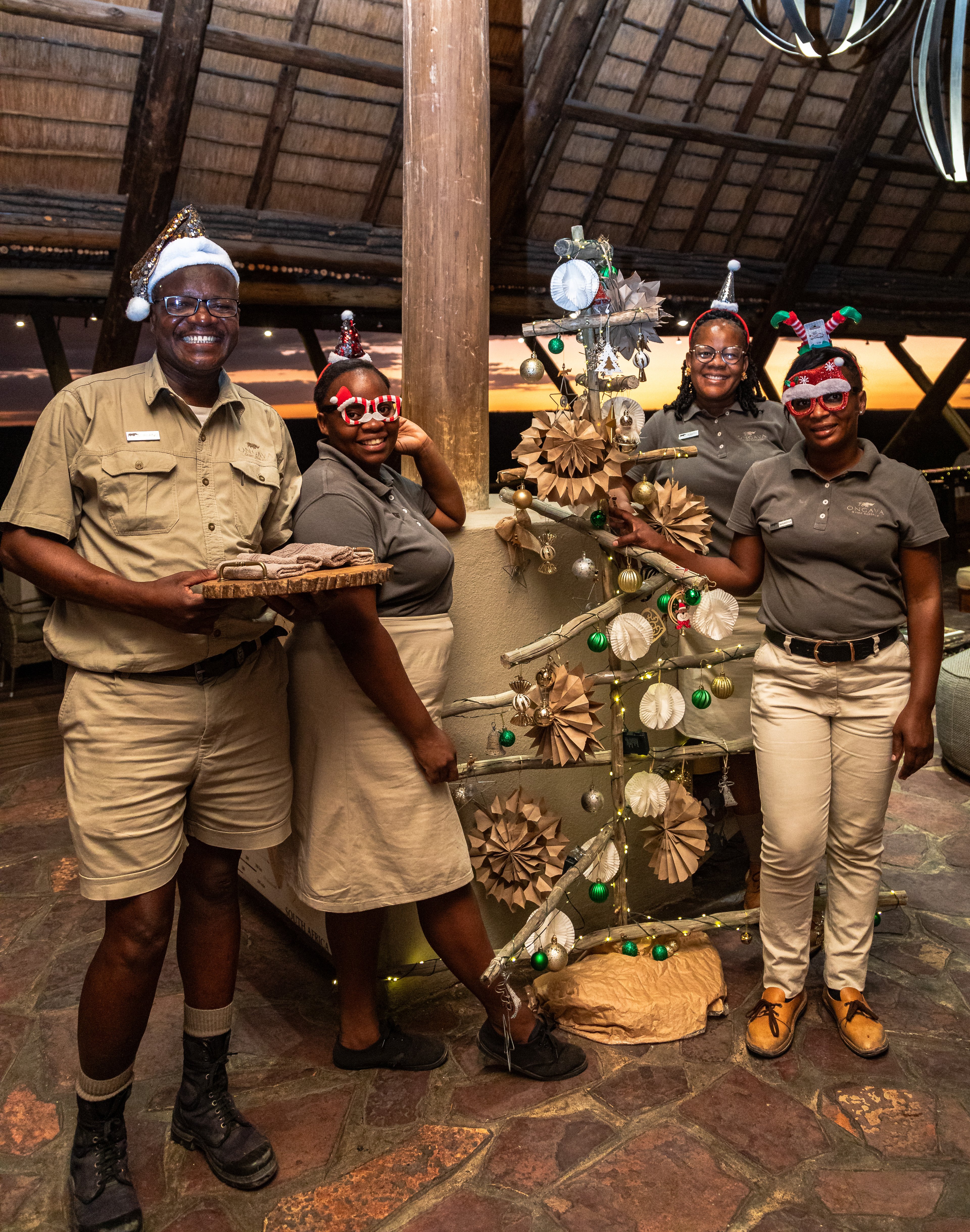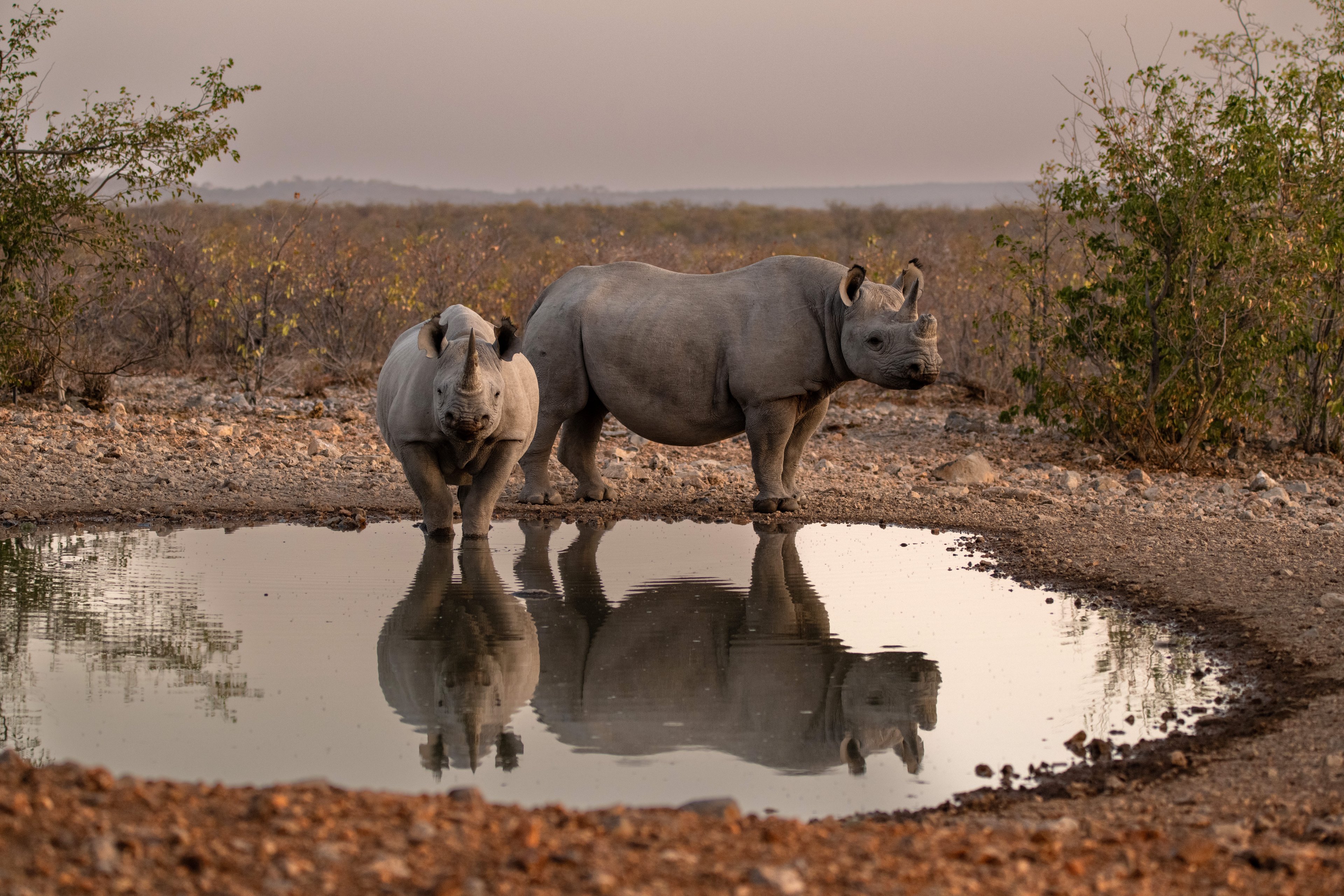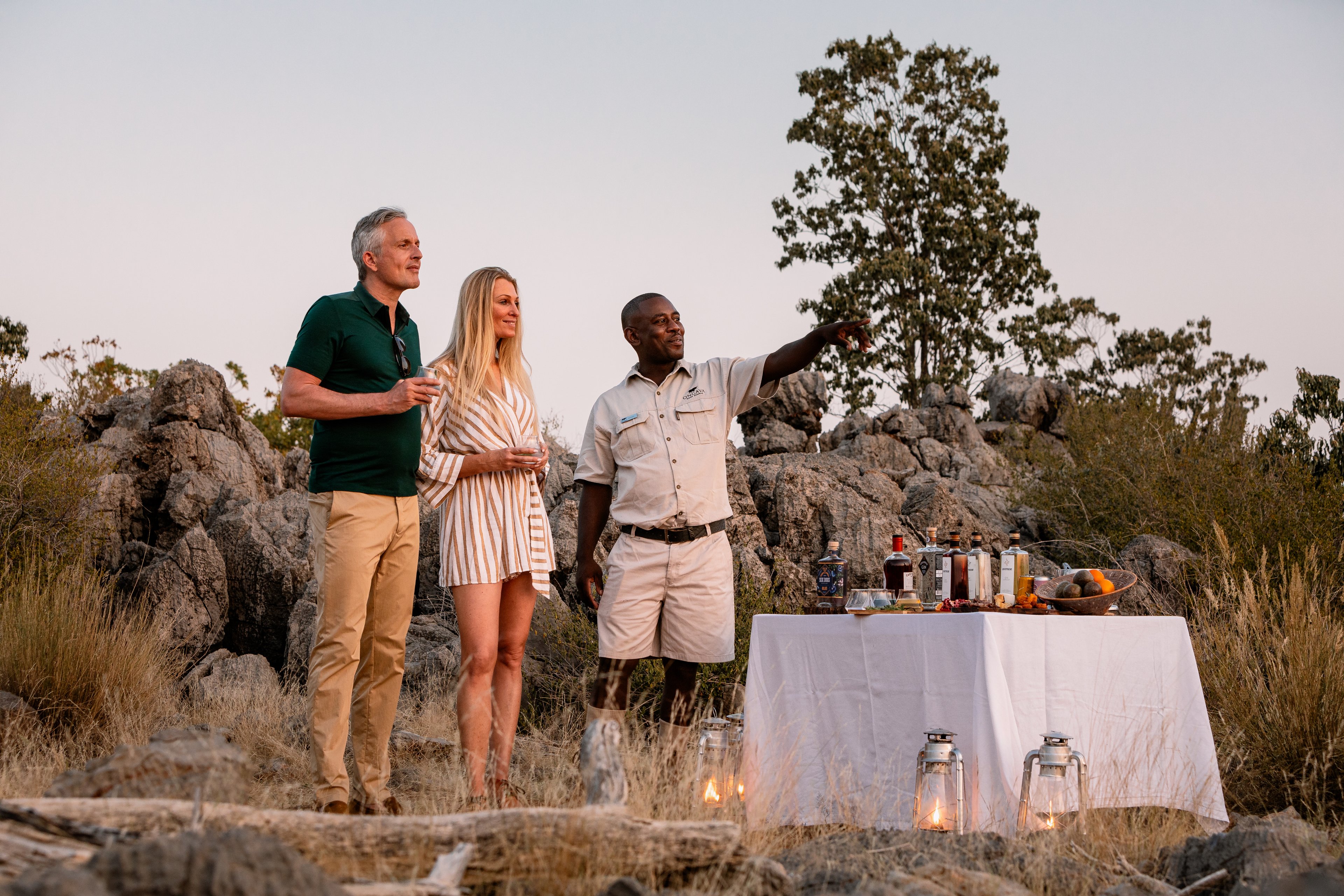What It Takes to Be a Great Safari Guide
What It Takes to Be a Great Safari Guide
A safari is more than just a journey through the wilderness, it’s an opportunity to connect deeply with nature, understand its intricate workings, and witness the untamed beauty of wildlife. At the heart of this experience is the safari guide, a skilled professional whose knowledge, passion, and adaptability transform a simple game drive into a life-changing adventure. But what does it take to be a truly exceptional safari guide?
1. Knowledge of Wildlife and Ecosystems
A great safari guide possesses a deep understanding of the flora and fauna within their environment. They can interpret signs, sounds, and behaviors, allowing them to anticipate animal movements and provide guests with an enriched safari experience. This expertise extends beyond simply identifying species, it involves understanding the delicate balance of the ecosystem and how each element plays a crucial role.
2. Commitment to Safety and Responsibility
Guiding in the wild comes with immense responsibility. A top-tier guide is comfortable ensuring guest safety while managing expectations, whether tracking white rhinos on foot or navigating the terrain in a safari vehicle. They are also:
- Physically capable and technically competent
- A defensive driver with mechanical empathy
- Weapons proficient and a qualified First Responder
- Licensed and in possession of the required permits
3. Sharp Situational Awareness and Adaptability
The wilderness is unpredictable, and a great guide must be socially adept, alert, and responsive. They can swiftly adapt as information changes, anticipate situations before they unfold, and make informed decisions to ensure guest satisfaction and safety. The ability to deduce, plan, and anticipate enhances the overall safari experience, making every moment exciting yet secure.
4. Exceptional Communication Skills
A great guide is a concise communicator, clear, engaging, and easily understood by all guests. They excel at making complex ecological concepts accessible and turning the seemingly mundane into awe-inspiring moments. More than just sharing facts, they are storytellers, weaving narratives that captivate and educate simultaneously.
5. Diplomacy and Cultural Sensitivity
Guiding international guests requires a high level of diplomacy and tact. A skilled guide bridges language and cultural differences, ensuring that every guest feels included and engaged. They have a natural ability to diffuse tensions and foster an atmosphere of mutual respect and appreciation.
6. Sensitivity to Photography and Guest Expectations
Photography is a key part of the safari experience, and a great guide understands the nuances of capturing wildlife. They position vehicles strategically, respect lighting conditions, and ensure that guests have the best possible opportunities to document their journey without disturbing the animals.
7. Lifelong Commitment to Learning and Conservation
The best guides never stop learning. They stay updated on conservation efforts, evolving wildlife behaviors, and technological advancements. More importantly, they share their passion for nature in a way that resonates, converting visitors into ambassadors and protectors of the wild.
The True Essence of a Great Safari Guide
A great safari guide is more than just a wildlife expert, they are educators, protectors, and storytellers who inspire guests to see nature through a different lens. By balancing knowledge with charisma, safety with adventure, and adaptability with passion, they create unforgettable experiences that leave a lasting impact on every traveler fortunate enough to journey with them.
Photography: Stefan Redecker, Dana Allen, Le Roux van Schalkwyk
share
Subscribe to Ongava
Get the latest updates. News about Ongava, offers, our conservation efforts and much more.
By loading this form, I agree to having my personal and contact information processed and used for the purpose of marketing communications. For more details, visit our Privacy policy
